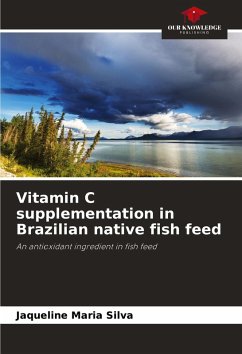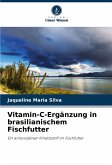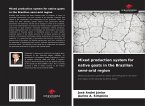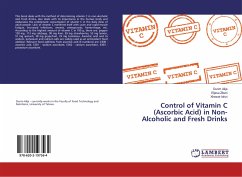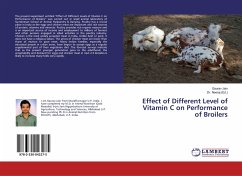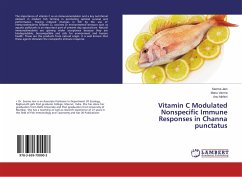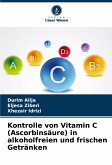The aim of this study was to evaluate the influence of vitamin C supplementation in the diet of three-spotted piau fish (L. reinhardit), in terms of performance and production yield, analysis of nutritional chemical composition (carcass and fillet), as well as glycemic parameters. The experiment lasted 90 days. A total of 1040 fry were used, housed in 16 500 L rearing tanks. The design used was a randomized block design with four treatments and four replications. The control diet was designed to meet the vitamin C requirement according to commercial recommendations and the other diets were designed to contain extra dietary vitamin C supplementation levels (250, 500 and 750 mg ascorbic acid/kg diet). All the diets were isoproteic and isocaloric (28% CP and 3100 kcal/kg of feed). There was no significant effect of the regression on production performance and glycemic parameters. Thus, it was found that the inclusion of vitamin C at the commercial level was sufficient to provide productive performance, benefits for nutritional chemical composition and reduced handling and harvesting stress.
Bitte wählen Sie Ihr Anliegen aus.
Rechnungen
Retourenschein anfordern
Bestellstatus
Storno

